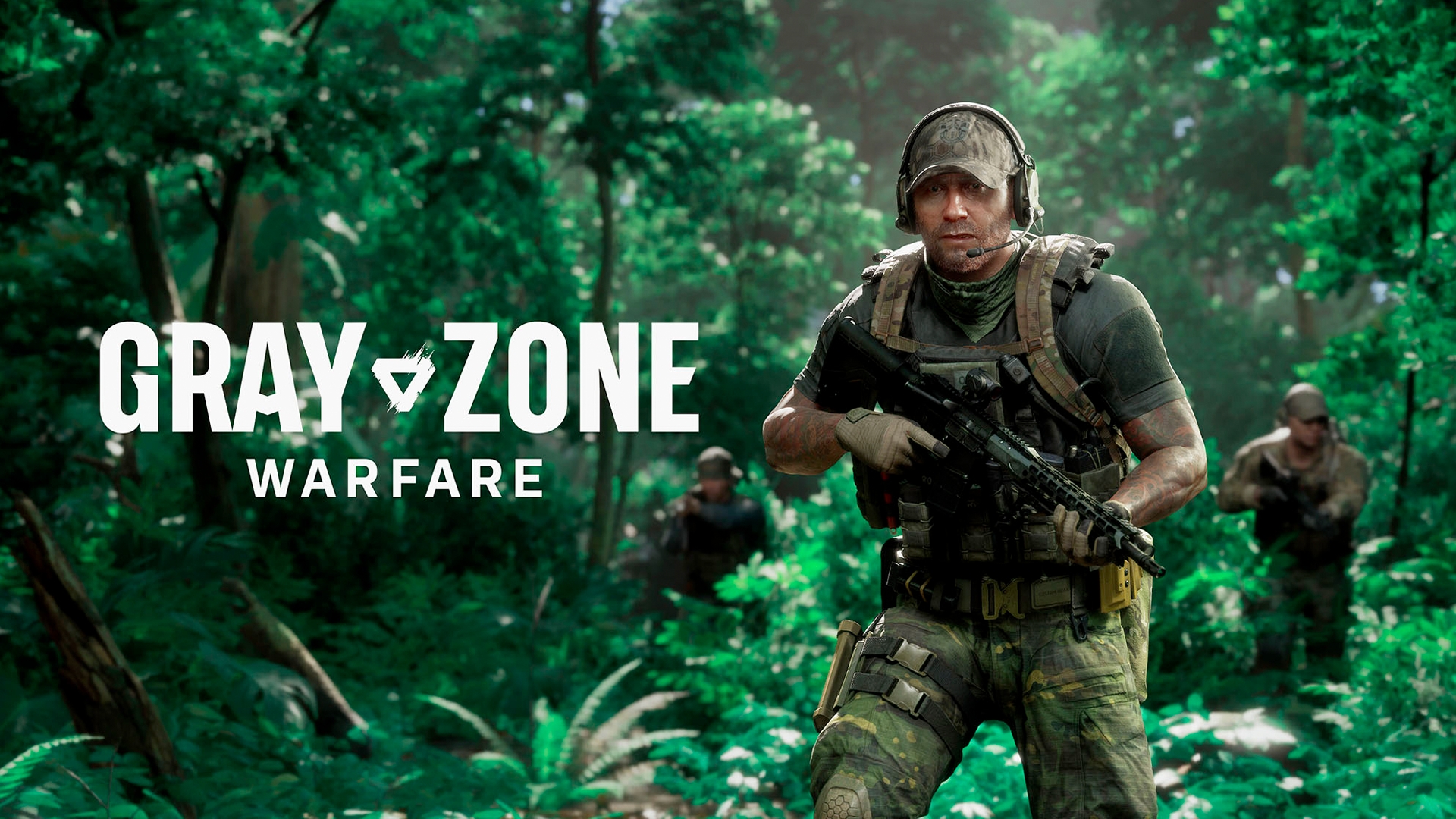The world of Early Access can be a gamble for both developers and players. On one hand, it allows studios to gather valuable feedback and iterate on their creations with the help of a dedicated community. On the other hand, a rocky launch can leave a lasting scar, driving players away and jeopardizing a game’s long-term success.
Gray Zone Warfare, a tactical first-person shooter (FPS) with a focus on realism, navigated this tightrope walk in its first few days on Steam Early Access. Despite initial technical hiccups and mixed reviews, the game has managed to turn things around, emerging as a strong contender in the competitive FPS market.

This article delves deep into Gray Zone Warfare’s Early Access journey, exploring its initial struggles, the developer’s swift response, and the community’s reception that ultimately led to the game’s current success.
A Familiar Premise with a Focus on Realism
Gray Zone Warfare entered the scene on April 30, 2024, as a competitor to the popular Escape From Tarkov. Both games share a similar core concept – a hardcore tactical FPS set in a war-torn environment with an emphasis on loot collection, risk-reward gameplay, and character progression. However, Gray Zone Warfare differentiates itself by focusing heavily on realism.
The game boasts intricate weapon handling mechanics, a focus on ballistics, and a slower-paced, tactical approach to combat. This caters to a specific niche of FPS players who prioritize realism over fast-paced action.
A Rocky Launch and the Power of Community Feedback
Gray Zone Warfare’s initial launch on Steam was met with mixed reviews. Players encountered technical issues, including server instability and bugs. These issues, along with the game’s demanding gameplay style, led to a wave of negative reviews within the first 24 hours.
However, what truly set Gray Zone Warfare apart was the developer’s response. Madfinger Games, the studio behind the title, took a proactive approach. They quickly acknowledged the issues, communicated openly with the player base, and implemented rapid fixes.
This dedication to player feedback proved to be a game-changer. Within days, the negative reviews began to be countered by positive ones from players who appreciated the developer’s responsiveness and the game’s core potential.
From Mixed Reviews to a Steaming Success
The tide began to turn for Gray Zone Warfare just two days after its launch. The developer’s efforts to address technical issues and actively engage with the community saw a significant shift in player sentiment. This positive turnaround was reflected in the steadily increasing number of positive reviews and a peak concurrent player count exceeding 68,000.
As of today, Gray Zone Warfare boasts “Mixed” reviews on Steam. However, this is a significant improvement from the initial wave of negativity. The community recognizes the game’s potential and appreciates the developer’s ongoing commitment to improvement.
Beyond the Launch: What Does the Future Hold for Gray Zone Warfare?
With a passionate developer at the helm and a growing community, Gray Zone Warfare seems poised for continued success. The Early Access period serves as a crucial testing ground, allowing Madfinger Games to refine the gameplay mechanics, address lingering issues, and implement new features based on player feedback.
The success of Gray Zone Warfare serves as a valuable lesson for the gaming industry. It demonstrates the importance of open communication, rapid iteration, and prioritizing the player experience – especially during the critical Early Access phase. Here are some key takeaways:
The power of community: A dedicated community can be a powerful tool for developers seeking to refine their games. Engaging with players, actively listening to their feedback, and addressing their concerns can turn potential negativity into positive momentum.
The importance of transparency: Open communication goes a long way in building trust with the player base. Addressing issues head-on and keeping the community informed fosters a sense of collaboration and shared ownership of the game’s development.
The value of rapid iteration: The Early Access format allows for quick iteration on game mechanics and fixes based on real-time player feedback. Developers who embrace this approach can significantly improve their games during the Early Access period.
FAQs
Q: What genre does Gray Zone Warfare belong to?
A: Gray Zone Warfare is categorized as a tactical first-person shooter, offering players an immersive experience grounded in realism.
Q: What were some initial challenges faced by Gray Zone Warfare?
A: Upon release, Gray Zone Warfare encountered technical issues and received mixed reviews on platforms like Steam. However, swift responses from the developers helped mitigate these challenges.
Q: How has player perception of Gray Zone Warfare evolved?
A: Despite initial reservations, Gray Zone Warfare has witnessed a positive shift in player sentiment, with its approval rating improving to 67% and boasting a dedicated player base.




